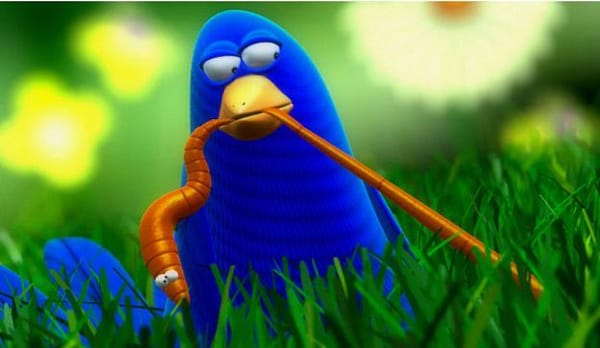Excerpts
Too much choice is bad. Limits are good.
My New Bedroom (Limited to 3 Colours) “Instead of composing freely, poets frustrate themselves with structural constraints. But that’s precisely the point. Unless poets are stumped by the form, unless they are forced to look beyond the obvious associations, they’ll never invent an original line. They’ll be


